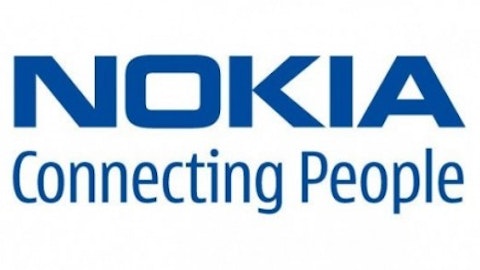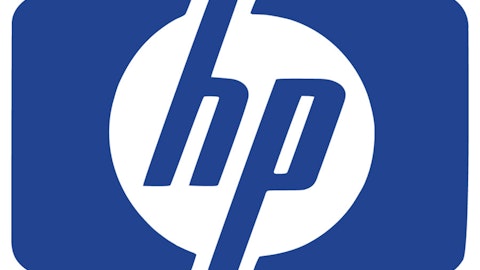Barnes & Noble, Inc. (NYSE:BKS) has been one of the interesting stories of 2013, as rumors abound and potential acquirers lob around indications of interest. Estimates of the company’s value run the gamut, from virtually nothing to a sizable premium above its current valuation. Some big name investors have their hat in the ring, including Microsoft Corporation (NASDAQ:MSFT), Pearson (NYSE:PSO), and Liberty Media Corp (NASDAQ:LMCA). The only certainty is that Barnes & Noble will be a much different company in five years than it is today. So, should investors take a speculative position?
With Border’s recent demise, Barnes & Noble, Inc. (NYSE:BKS) is the last major player in the declining brick-and-mortar bookstore business. The growth of e-books delivered via e-readers and tablets have made cavernous stores obsolete and a competitive disadvantage for Barnes & Noble. Indeed, the company announced a plan earlier this year that will see its retail footprint decline by one-third over the next few years. While Barnes & Noble has tried to compete in the electronic device market through its Nook Media unit, it has continually lost market share to Amazon.com, Inc. (NASDAQ:AMZN)’s Kindle and Apple Inc. (NASDAQ:AAPL)’s iPad franchises.
In the first nine months of FY2013, Barnes & Noble, Inc. (NYSE:BKS) has posted weak results, with a 3.3% decline in revenues and a small operating loss. Its red ink was primarily generated by its Nook unit, where sales fell 13.2% due to declining device unit volumes. However, the consolidated picture masks profit improvement at the retail bookstore unit, which benefited from greater sales of non-book items, as well as the closure of under-performing stores.
Barnes & Noble, Inc. (NYSE:BKS)’s chairman Leonard Riggio has already announced a general desire to acquire the retail bookstore unit, which would effectively orphan the Nook and college bookstore units. Given rising operating losses at the Nook unit, though, its prospects as a standalone company are uninspiring. A more likely scenario is an acquisition by a tech-savvy media giant.
With a current 17% stake in the Nook Media unit, thanks to its $300 million investment in 2012, Microsoft Corporation (NASDAQ:MSFT) is an obvious potential acquirer. The company has a growing cash pile from its Windows and Office juggernauts, $74 billion as of March 2013, and it has the financial strength to make high-risk bets. While Microsoft recently launched its new Surface tablet to great fanfare, it doesn’t have an ecosystem that can compete with Apple Inc. (NASDAQ:AAPL)’s iTunes and Google Inc (NASDAQ:GOOG)’s Play marketplaces.
In FY2013, Microsoft has reported mixed financial results, with a 4% increase in revenues offset by a 4% decline in operating income. While its top-line results were favorably impacted by the introduction of its Windows 8 operating system, higher production and marketing costs led to a lower profit margin. In addition, Microsoft is still searching for profit in its online services unit, which generates the vast majority of its revenues from volatile advertising sales. The acquisition of Nook would give Microsoft instant market share in the digital marketplace, with a fast growing catalog of books, magazines, and videos.





